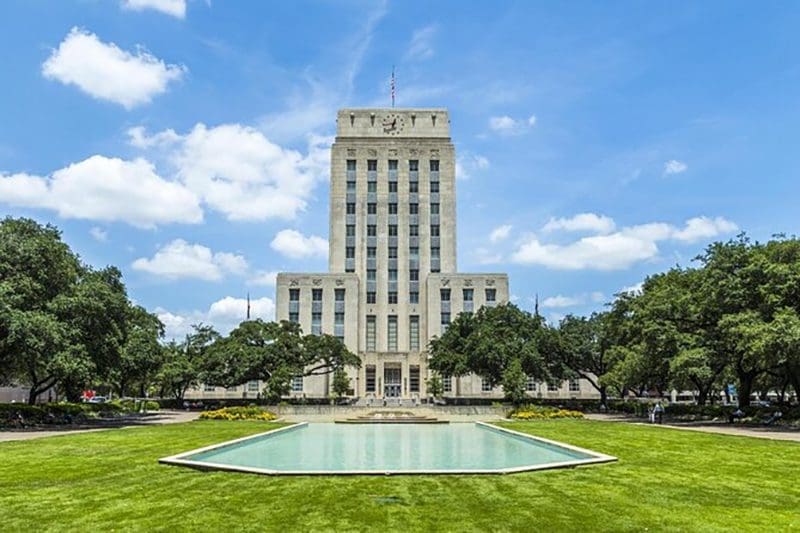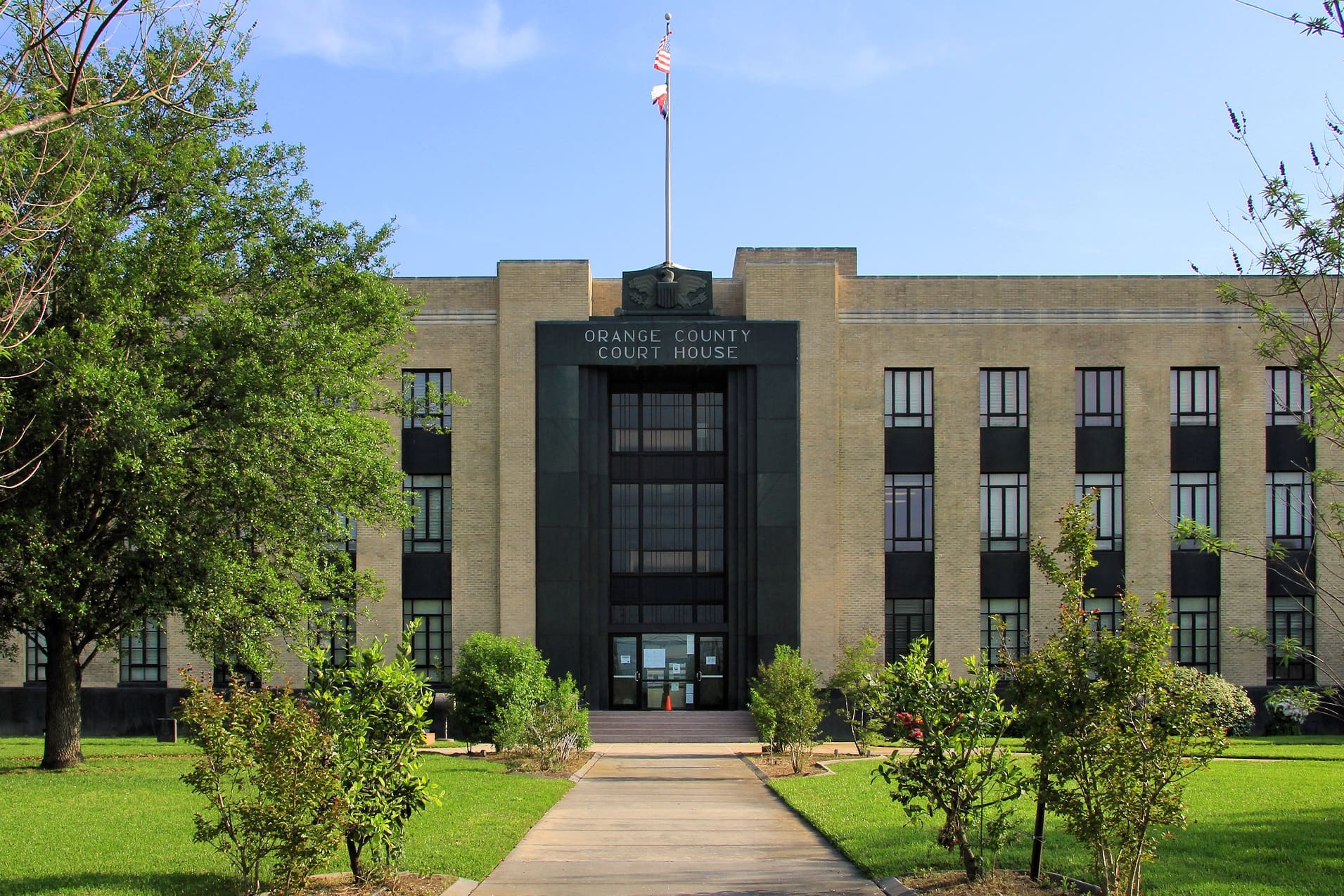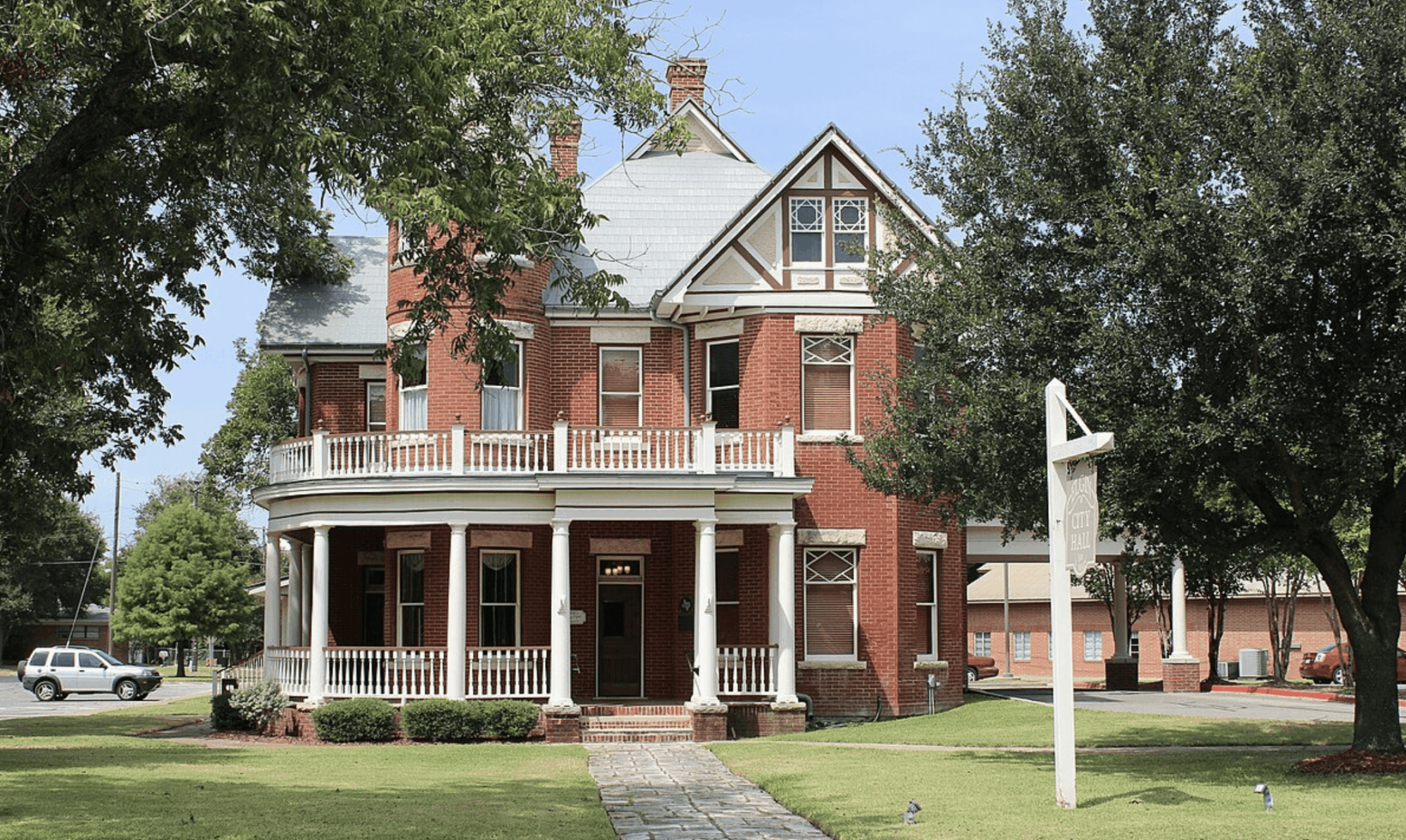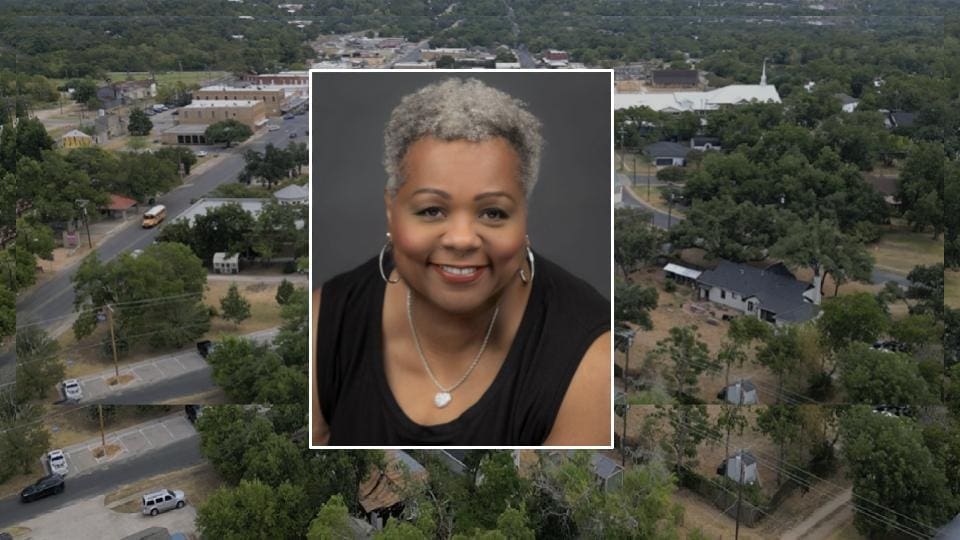The Houston City Council has officially approved a $16 million plan to create a homeless “super hub” east of downtown—despite objections from nearby residents who say City Hall shut them out of the process.
The council’s vote clears the way for the city to purchase and repurpose 419 Emancipation Avenue, a property that once housed the Star of Hope Women and Family Shelter and, more recently, a short-term migrant facility. The building will now become a 24-hour, “low-barrier” navigation center designed to direct homeless individuals to housing, health care, psychiatric treatment, and substance-abuse recovery programs.
The vote had originally been scheduled weeks earlier but was pulled from the council agenda twice after public backlash and heated community meetings.
City documents show the property is valued at roughly $6.7 million, with the remaining funds set to cover renovation. Ongoing costs are projected between $10 and $14 million per year.
Mayor John Whitmire called the project the first step in a broader plan to address homelessness citywide and said additional sites are under consideration. He also announced the building will include a Houston Police Department substation staffed by eight officers and one sergeant.
“We’re doing the neighborhood a huge favor,” Whitmire said during the meeting. “I can guarantee you we’re not going to fail.”
Residents in Houston’s Second Ward, however, say the administration never meaningfully consulted them before advancing the project. “There’s been no community engagement,” said longtime resident Scott Singleton, who lives near the site. “If the city was really serious about community engagement, they would have done that from the planning stages—months ago, not two weeks before the vote.”
Singleton and others noted that the former Star of Hope facility primarily served women and children and worked to place families into permanent housing. By contrast, the new center will allow clients to come and go freely throughout the day. “The new 419 is going to have an open-door policy,” Singleton said.
Neighborhood opposition first boiled over earlier this month, when dozens of residents packed council chambers and later clashed with officials at a community meeting. Many accused city leaders of rushing the plan and ignoring public input. Former ABC13 reporter Wayne Dolcefino—who was hired by nearby property owners to review the proposal—warned that the hub could attract “the worst of the worst” and create new public safety problems rather than solving existing ones.
City officials insist the opposite is true, arguing that concentrating services and law enforcement in one location will improve safety and help move people off the streets faster. Supporters within City Hall describe the center as a centralized “front door” for Houston’s homeless system rather than a long-term shelter.
Even those who have experienced homelessness voiced skepticism about how the program will work. “It’s probably going to be a security issue to have that many homeless people in the same area,” said David Simon, who spent two years living on Houston’s streets. “It’s always a good idea to try to help. Is it a solution? I don’t know.”
Construction and retrofitting are expected to continue through next year, with the center now scheduled to open in early 2026. The facility will include 150 to 225 beds, on-site health and recovery services, and the embedded police presence.
No ads. No paywalls. No government grants. No corporate masters.
Just real news for real Texans.
Support Texas Scorecard to keep it that way!





